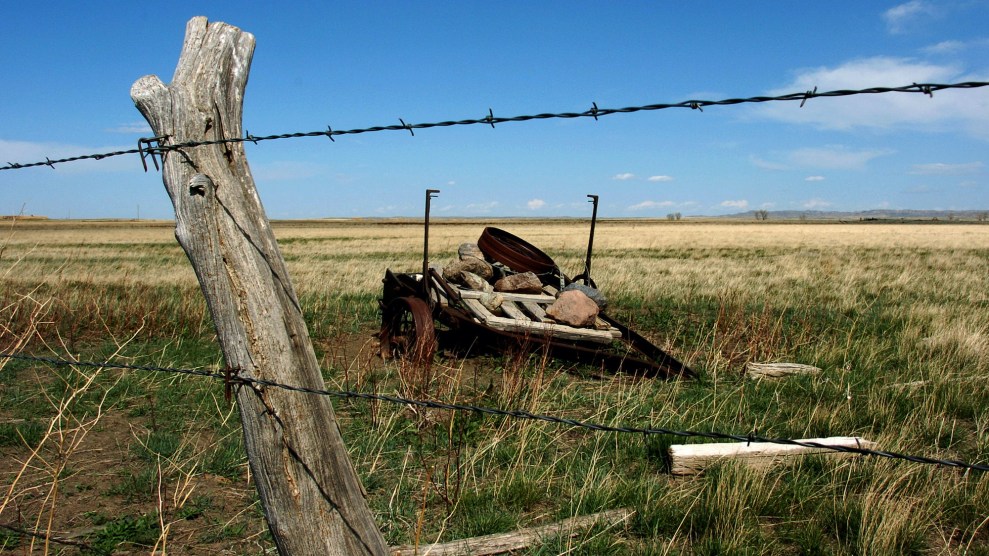Six unicorns and counting.
The speed at which unicorns are emerging on the African continent is a key indication that its startup scene continues to blossom, helped by booming FinTech and eCommerce sectors and a youthful, tech-savvy population.
Read more: SoftBank Makes First Foray Into Africa With OPay Investment
After payments startups Flutterwave and OPay attained unicorn status earlier this year, software developer training and outsourcing company Andela is the latest Africa-focused firm to join the unicorn ranks — a private company with a valuation of over $1 billion.
See also: Mastercard Invests in Africa-Focused Unicorn Jumia
That brings the total number of these disruptive businesses operating in the region to six, when Interswitch, Fawry and Jumia are added to the list. And having three companies reach this coveted milestone so far this year is by any account a notable achievement for a developing continent.
A Global Network of Top Remote Talent
Andela announced on Wednesday (Sept. 29) that it had raised $200 million in a new funding round that values the company at $1.5 billion, a significant milestone for the Nigerian startup launched in 2014.
The round was led by SoftBank Vision Fund 2, a $30 billion venture capital fund that is part of Japan’s SoftBank Group. Existing investors who participated in the round included former U.S. Vice President Al Gore’s Generation Investment Management, the Chan Zuckerberg Initiative and Spark Capital, as well as new investor Whale Rock.
With more than 300 employees around the world, the seven-year-old startup has a placement rate of 96%, connecting some of the world's leading technology companies to top remote technical talent around the world.
Commenting on the milestone funding, CEO and Co-founder of Andela Jeremy Johnson said companies building remote engineering teams have long viewed Andela as “the high-quality option” and “obvious choice” to find better talent, faster.
Earlier this year, the firm partnered with U.S. cloud-based software giant Salesforce to train and certify developers across Africa; in line with this objective, Andela said it will use part of the funds to expand its talent offering to include new verticals such as design and data.
Attraction Grounds for Venture Capitalists
Funding is the lifeblood of growing a business fast, and startups that are able to secure venture capital funding can expand and develop at a much higher rate.
And African tech startups are doing just that, raking in millions of dollars in investment each year. According to a study by Boston Consulting Group (BCG), the number of African tech startups receiving funding between 2015 and 2020 grew by 46%, nearly six times faster than the global average.
And even though countries across all four corners of the continent are buzzing with this growth and investment, Africa’s largest economy, Nigeria, remains the undisputed leader.
Five of the unicorns — Flutterwave, Interswitch, Jumia and OPay and now Andela — are linked to the West African country, which boasts the largest number of startups in the African tech ecosystem, according to a recent report by fDi Intelligence, a subsidiary of the FT.
Further reading: Lack of Trust, Gov't Support Are Main Barriers to Digital Advancement in Developing Markets
Earlier this month, serial entrepreneur and Andela Co-founder Iyin Aboyeji told PYMNTS that Big Tech and FinTechs are driving the innovation agenda in developed markets like Africa, setting the stage for how digital payments and commerce happen.
Aboyeji, who is currently the general partner of Future Africa, also said that payments innovation and cryptocurrency work well together in developing markets because there’s a desire to interact with the global economy, which cryptocurrency does very well.
Related news: Crypto-Based Remittances on the Rise; Nigeria Leads the African Pack
Here again, Nigeria blazes the trail when it comes to blockchain technology use on the continent, ranking third globally in terms of countries with the highest bitcoin trading volumes last year, behind the United States and Russia, per the BBC.
Egypt, where unicorn FinTech firm Fawry is based, is another strong contender that has been attracting massive funding from venture capital investors in recent years. According to the fDi Intelligence report, the North African country replaced South Africa as the second-ranked destination by foreign direct investment (FDI) projects in the African region, recording a 60% increase in the number of projects funded between 2018 and 2019.
Read more: UK-based dopay Makes Payroll Cashless for Workers in Egypt
In a recent interview with PYMNTS, dopay CEO and Founder Frans van Eersel spoke about the changing landscape in Egypt and the huge untapped potential in the market. For his U.K.-based payments platform, making payroll cashless for local workers in Egypt has been key to business.
He explained that the North African country has experienced a major leapfrog in the last year, and there are wider opportunities for businesses like dopay to scale, which is a sign of a bright future ahead.
The country’s central bank is also very encouraging of FinTechs, he said, adding that the many innovations happening in the country’s payment landscape will eventually lead to a “complete revolution.”
"Startup" - Google News
October 01, 2021 at 02:31AM
https://ift.tt/39VjgsO
Andela Unicorn Status Increases Buzz Around Africa’s Startup Scene - PYMNTS.com
"Startup" - Google News
https://ift.tt/2MXTQ2S
https://ift.tt/2z7gkKJ













/cloudfront-us-east-1.images.arcpublishing.com/pmn/YNMQLNZAXVE4JNZKAY36GFZD7U.jpg)
